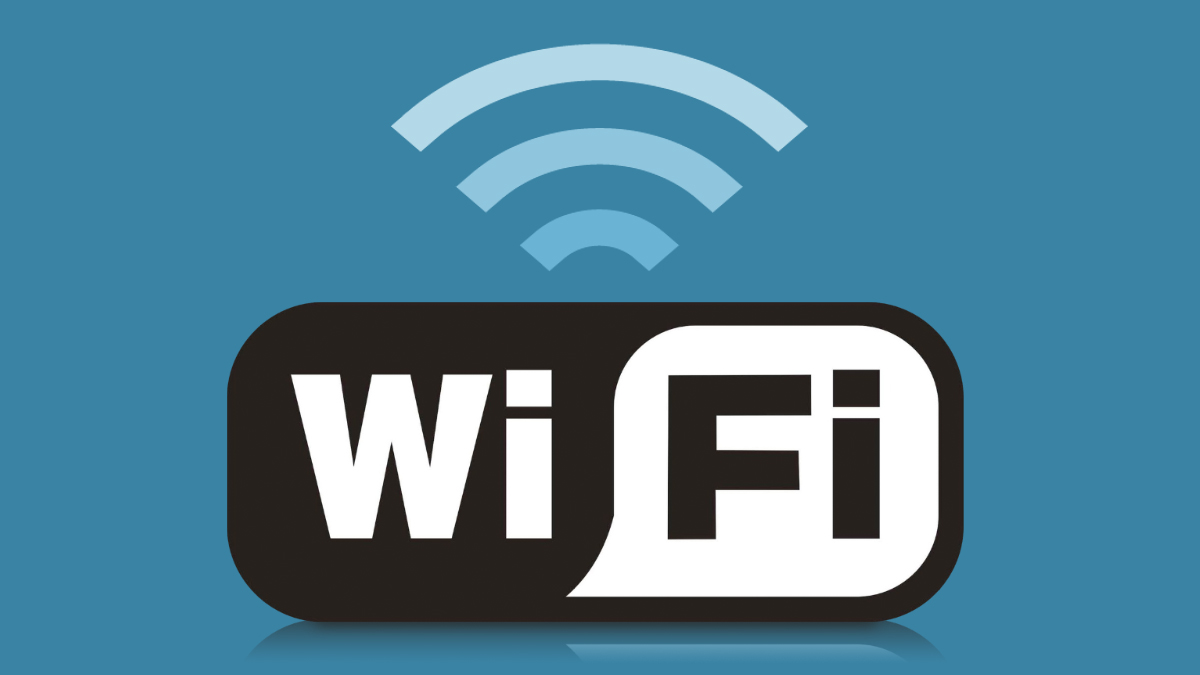
Many people ask question of whether it is worth turning off Wi-Fi on a smartphone to save battery power and reduce the impact of radio waves on the body.
This was reported by URA-Inform with reference to Aktualno.
Experts have analyzed several aspects of this topic.
The Impact of Wi-Fi on Battery Charge
Yes, having Wi-Fi on does drain your phone's battery, but its impact on the battery is minimal. If your device is constantly scanning for available networks, it can drain your battery faster, especially when there is no router connected and your smartphone is trying to find other networks. Turning off Wi-Fi can save a little battery, but it won't have a significant impact on your overall battery life.
Nighttime use
Keeping Wi-Fi on at night can help apps automatically update and send notifications. If you don’t want your phone running in the background while you sleep, it’s best to turn off Wi-Fi and mobile data. This will help conserve battery life and prevent unwanted notifications at night.
Health effects
There is a perception that constant exposure to Wi-Fi can cause headaches, sleep disturbances, or even more serious health problems. However, to date, scientific studies have not confirmed a direct link between Wi-Fi and serious illnesses. However, if you are concerned about possible exposure to radio waves, turning off Wi-Fi and your router at night may help reduce such risks.
Conclusion
Turning off Wi-Fi is a personal choice. If you want to save some battery life, avoid late-night notifications, or reduce your exposure to radio waves, turn off Wi-Fi, especially at night. However, if you do not notice any impact on your well-being, leaving Wi-Fi on is not critical.
Also useful is information about a simple trick before charging your phone: the battery will hold a charge twice as long.

